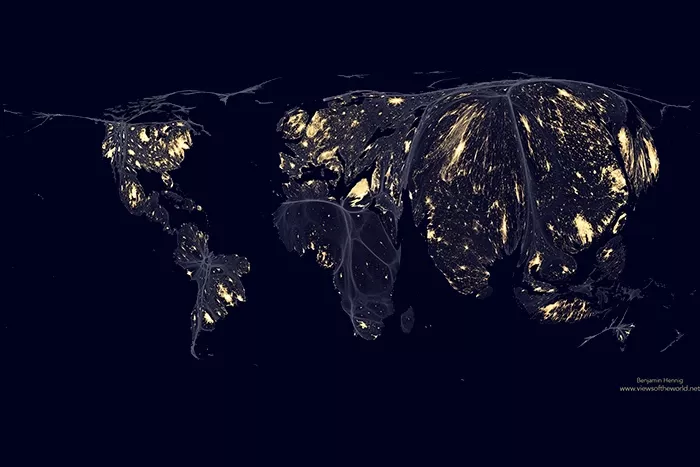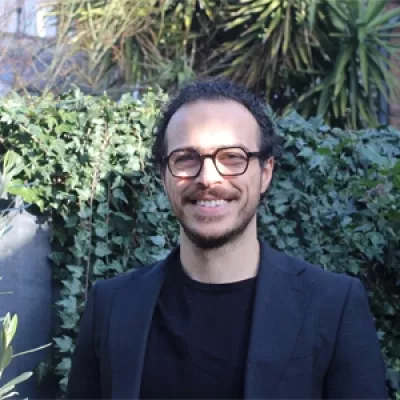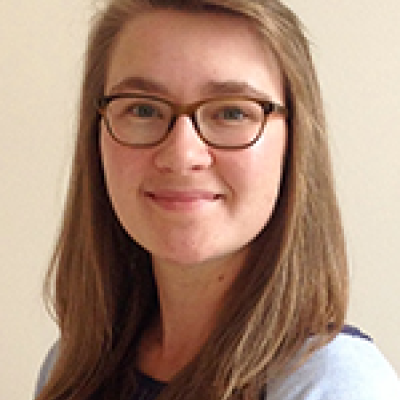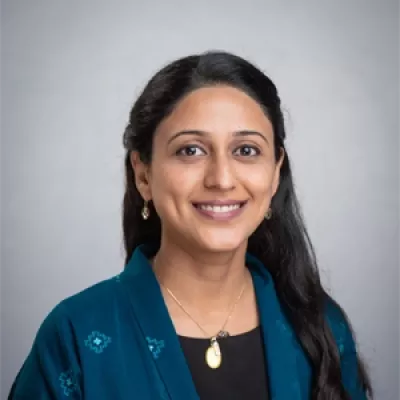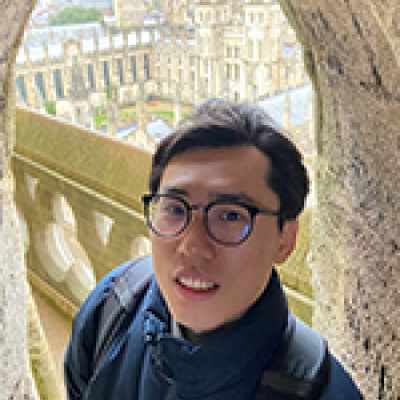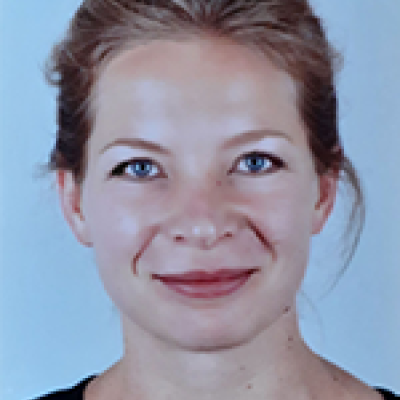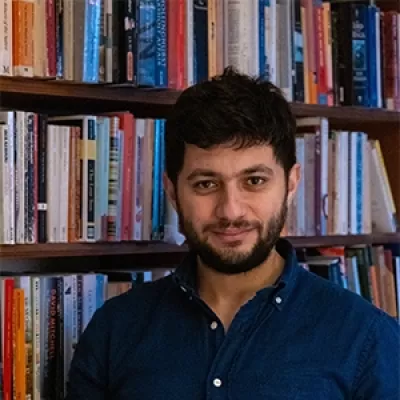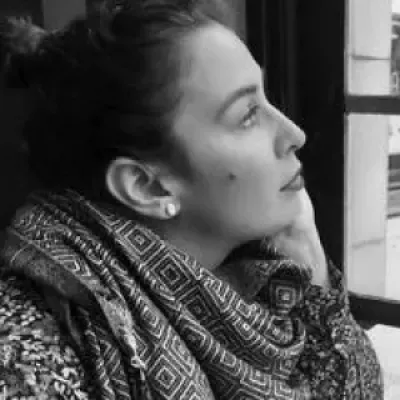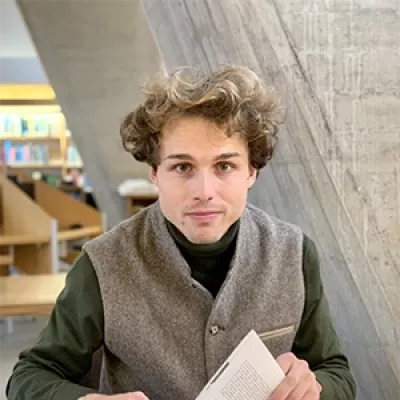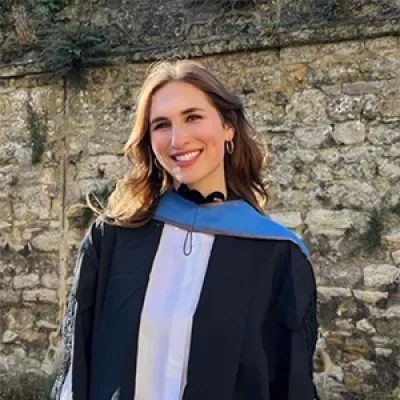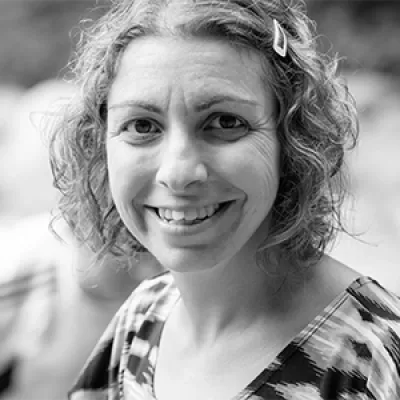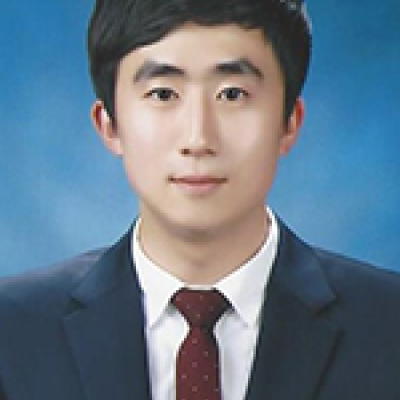The Political Worlds research cluster asks how politics and power are constituted in and across space and place. We seek to develop novel and critical understandings of the relationship(s) between geographical knowledges and regimes of discipline and violence.
The cluster links research on relationships between geographical knowledges and regimes of power, geographies of the South, and postcolonial, feminist, decolonial and anti-racist work. Cluster members pursue theoretically informed research that tackles these questions through a range of scales, from the body to the global, and from the household to the nation-state. We draw on ethnographic fieldwork, visual methods, interviews, archival research and more in a range of different locations and routes. Our researchers work in Cameroon, Germany, India, Tanzania, the UK and elsewhere. While diverse, our work converges around four sets of questions.
| 1. Life, death and wellbeing in 20th and 21st century geographies | Critical engagements with being and nonbeing in place, over time. Current research projects challenge liberal approaches to peace and post-conflict in East Africa, offer new insights for understanding youth wellbeing in colonial India, and challenge dominant narratives of extraction in Central Africa. |
| 2. Violence, nonviolence and disciplining | How does (non)violence emerge in, over and through space and time? How do we make sense of the changing relationships between people, territory and displacement in a techno-capitalist, colonial, gendered and militarist present? Current research projects examine norms of governance at geopolitical margins, and relationships between global capitalism and international humanitarianism in East Africa. |
| 3. Politics, power and geopolitics | How is territorial sovereignty enacted and resisted? How do political worlds come to matter through bodily performance, language, technology and the built environment? How do subaltern geopolitics and politics at the margin challenge Eurocentric frames and offer alternatives? Current work in the cluster looks at histories of squatting in Europe and North America, geographies of dissent in Central Africa, the visual mediation of urban spaces, and material landscapes of the Cold War. |
| 4. Geographical knowledges | What are the political and social patterns and practices through which geographical knowledge is produced, created, consumed and circulated? What 'counts' as geographical knowledge and who gets to speak for Geography? What are the politics of studying particular world regions? How are politically charged knowledge claims made in a digital world? How do we contribute to the project to decolonise geographical knowledges? Ongoing work in the cluster asks ethical questions about building digital archives using materials from colonial contexts, how non-Western epistemologies might be used to challenge the coloniality of knowledge production in Geography, and political discourse emerges from geopolitical margins. |
The research cluster has active links with the Refugee Studies Centre and the Race and Resistance research hub at The Oxford Research Centre in the Humanities (TORCH).
The research cluster maintains a core seminar programme and collaborations across Oxford in cognate disciplines, exploring theoretical aspects of political geography, critical and feminist geopolitics, critical race theory, geographies of resistance and geographies of war and peace.
Our Events
Please see our Events page for more information.


